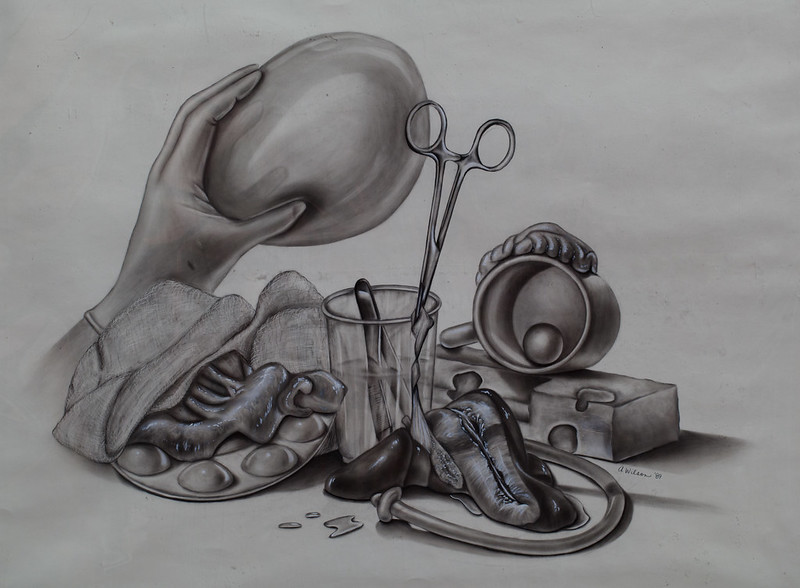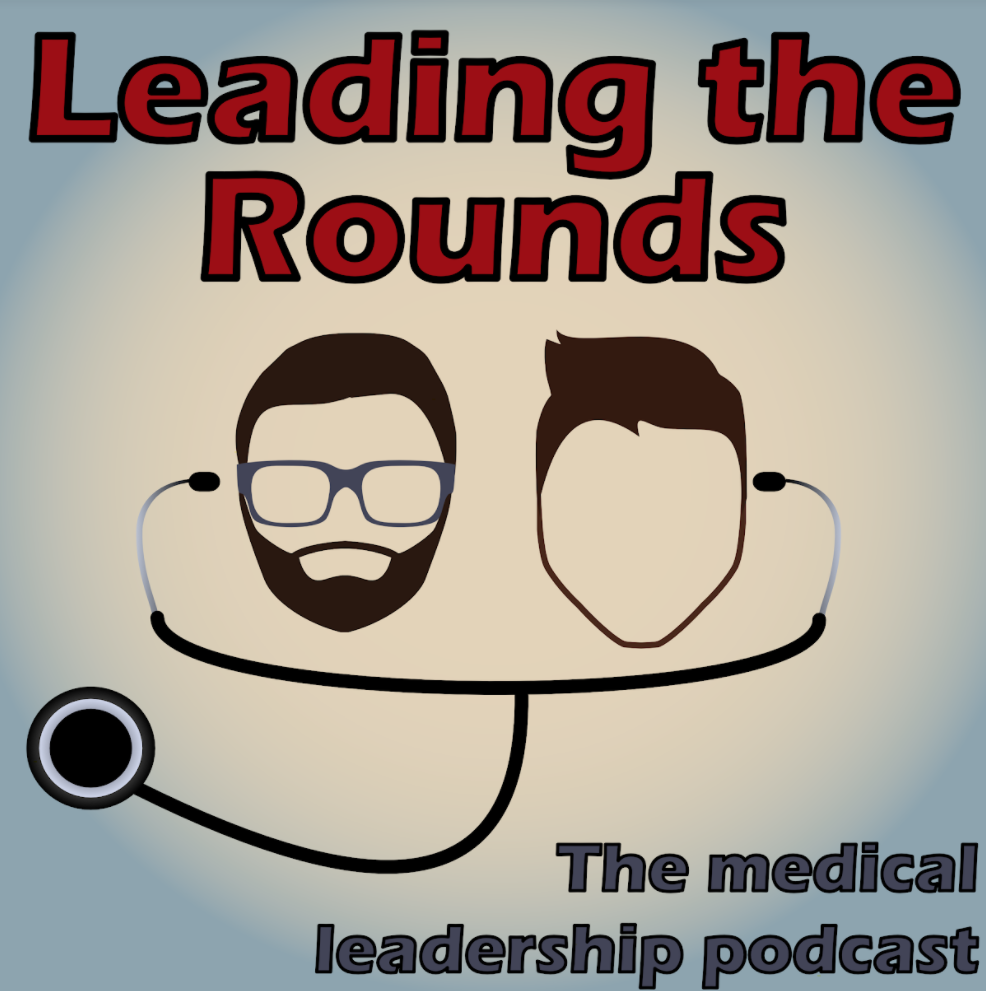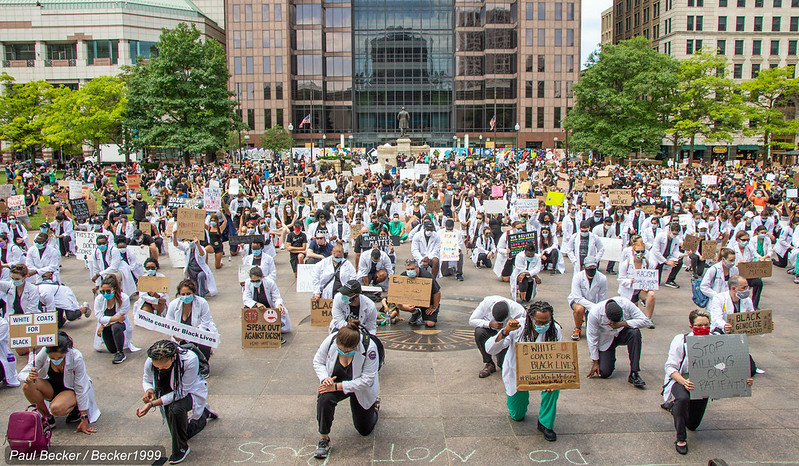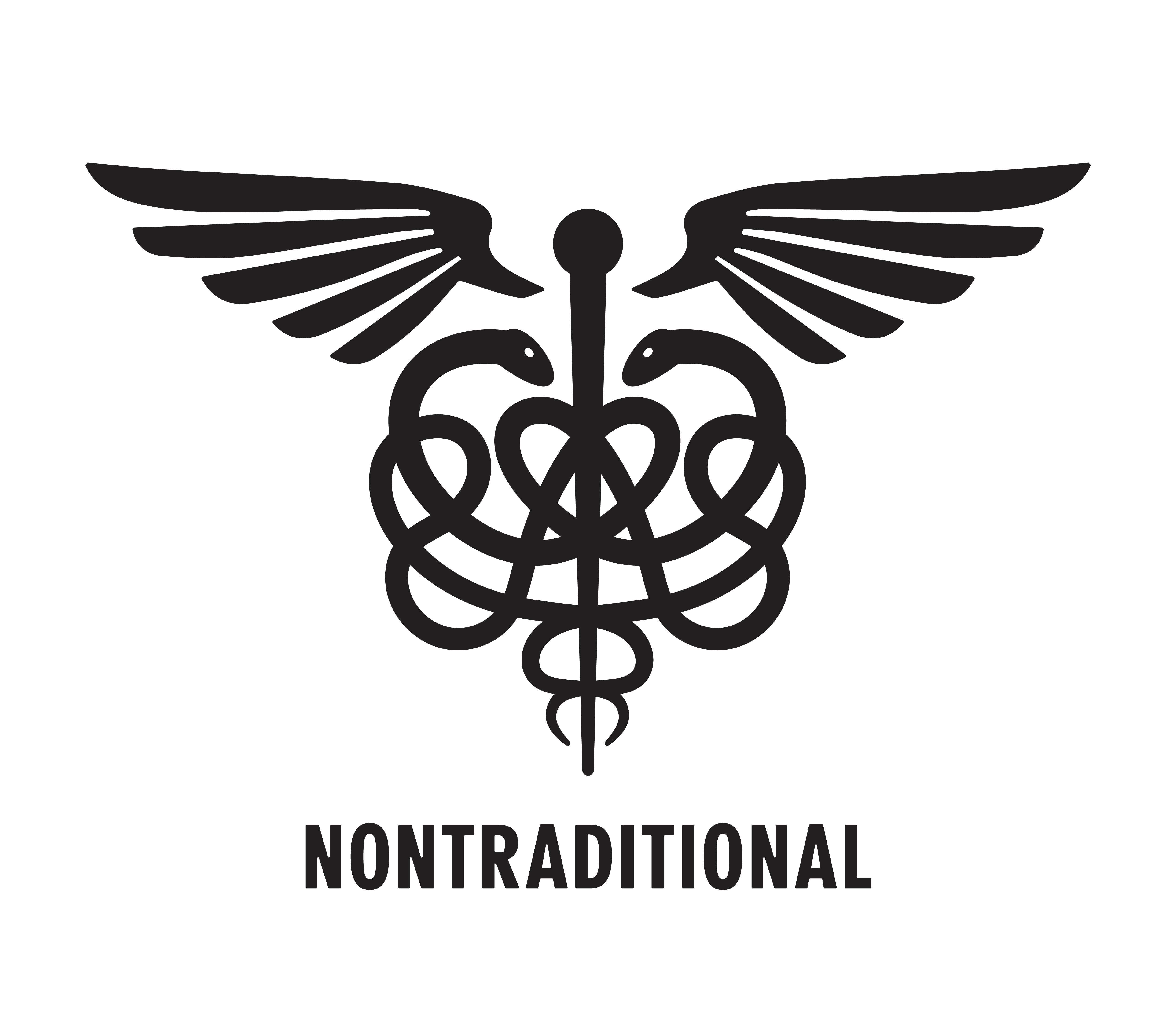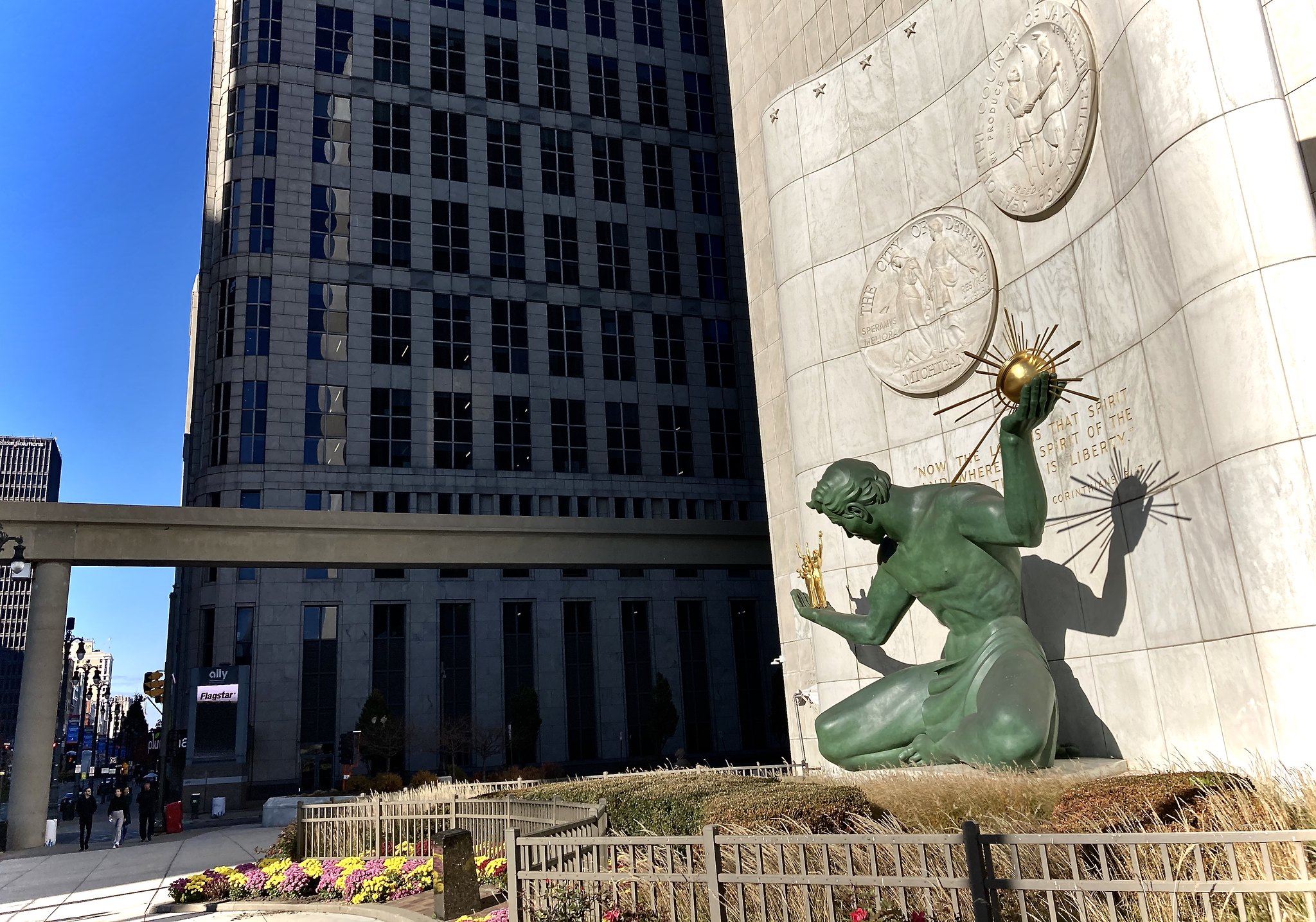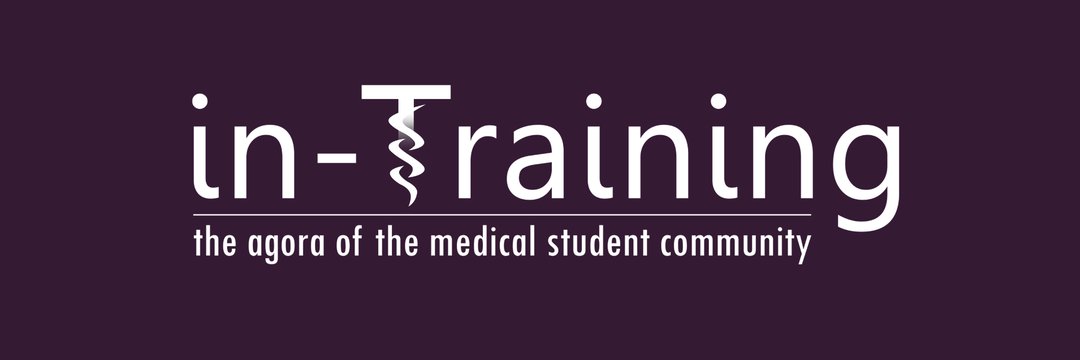Beyond the Bottle
“We are taking him to rehab,” she said. I could hear a faint sigh of relief and happiness permeating her voice, which had been distinctly absent for the last few months. I could also hear wind whooshing in the background and a distant trail of her voice, which meant they were already on the road.

